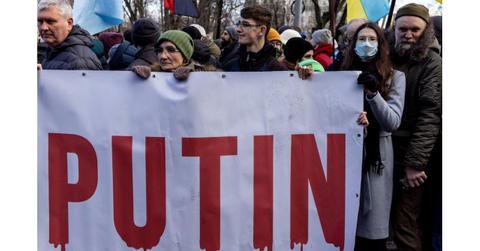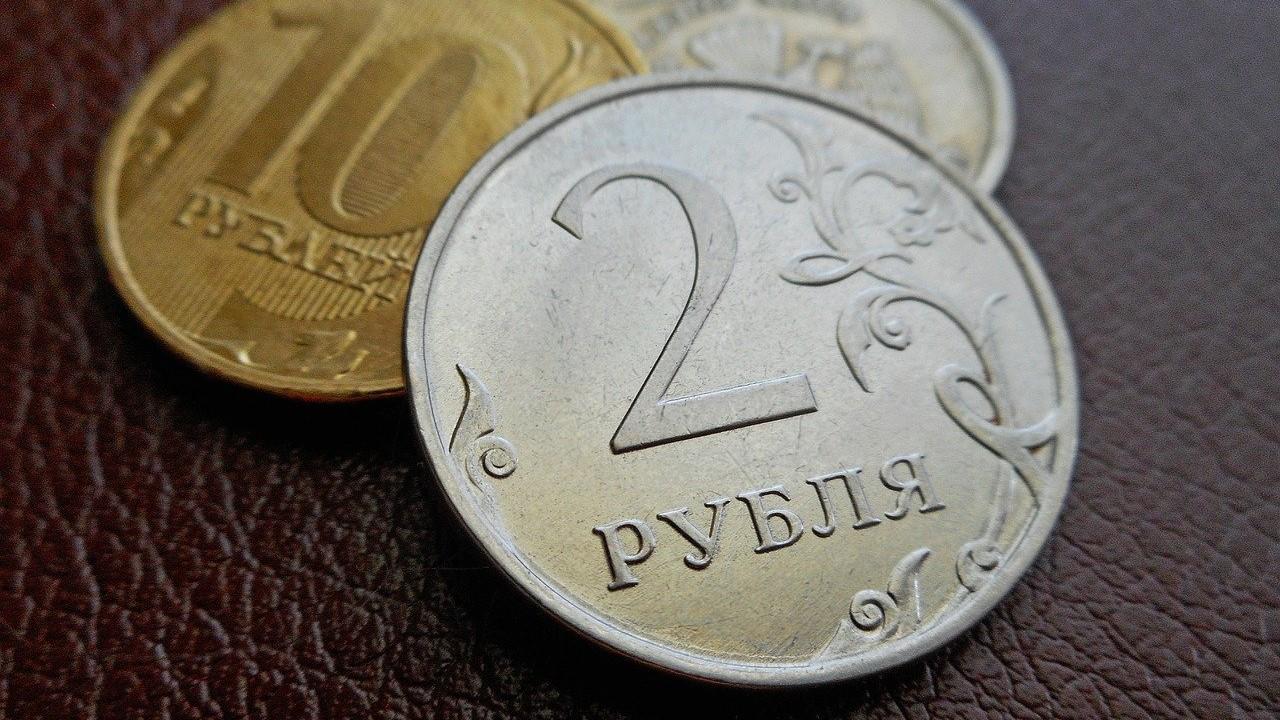Russia’s Debt Owners Could Lose $40 Billion In Sovereign Bonds
With “junk status” sovereign bonds and a looming default, Russian debt could leave debt owners with $40 billion in losses.
March 9 2022, Published 10:47 a.m. ET
Amid the Russia-Ukraine war, credit raters are downgrading Russian sovereign bonds to what some people are calling junk status. Fitch Ratings downgraded Russia to a C, while S&P Global Ratings downgraded the nation to a CCC-. For S&P, this is just three notches above a default rating. Fitch wrote in its analysis that “a sovereign default is imminent” and Russian debt owners are likely to lose out.
From a global perspective, Russian debt isn’t that large—especially compared with the massive U.S. federal debt. The U.S. paid $137.2 billion in interest payments on foreign-held debt in 2020. However, foreigners own about half of Russia’s debt. Fortunately for the global economy, the impact will be relatively contained.
Sovereign bondholders own Russia’s debt
Russia owns about $40 billion in sovereign debt, $20 billion of which is through foreign-owned bonds. These bonds are poised to be worthless if Russia defaults on its debt. That’s likely to happen, according to creditors. While most investors don’t dabble in Russian bonds, there are many who do.
Will Russia be able to pay back bondholders?
Russia is being isolated from the world’s economy. While it could still have enough liquidity to pay back its debts, a loss of revenue on oil, gas, wheat, sunflower oil, and other commodities could make it difficult.
Foreign bondholders may have an especially difficult time getting paid back. This is thanks to Western sanctions, which could interfere with Russian banks doing business with international markets. Additionally, Russian impositions on its own citizens to prevent capital flight could make the process difficult for bondholders within Russia.
Bondholders will find out for sure on Mar. 16, when the next payment is due (there's a 30-day interest-free grace period).
Sovereign debt expert Jay Newman told reporters, “I would be shocked—absolutely shocked—if they made the effort to make that payment later this month.”
If Russia defaults, what’s next?
With creditors warning about a likely default, it makes sense to consider the next steps. Fitch says the nation, which has a C rating, could go down to a D within the next three years, according to the worst scenario. In the case of a default, bondholders will sit on $40 billion in losses. This includes losses for both principal and interest payments.
Alternatively, Russia could require a certain level of debt forgiveness for its citizen bondholders in exchange for some sort of policy break. This wouldn’t necessarily be a negotiation, but rather a potentially forced circumstance.
For foreign bondholders, Russia may be in negotiation for quite some time. As a potentially easier out, firms such as Goldman Sachs and JPMorgan Chase and a number of hedge funds are buying bonds for cheap. This could take the burden off of companies or wealthy individuals who hold Russian bonds. However, it’s also risky for the firms themselves due to the global perception of buying into Russia for the purpose of war profiteering (and the potential ostracization that could come of it).


